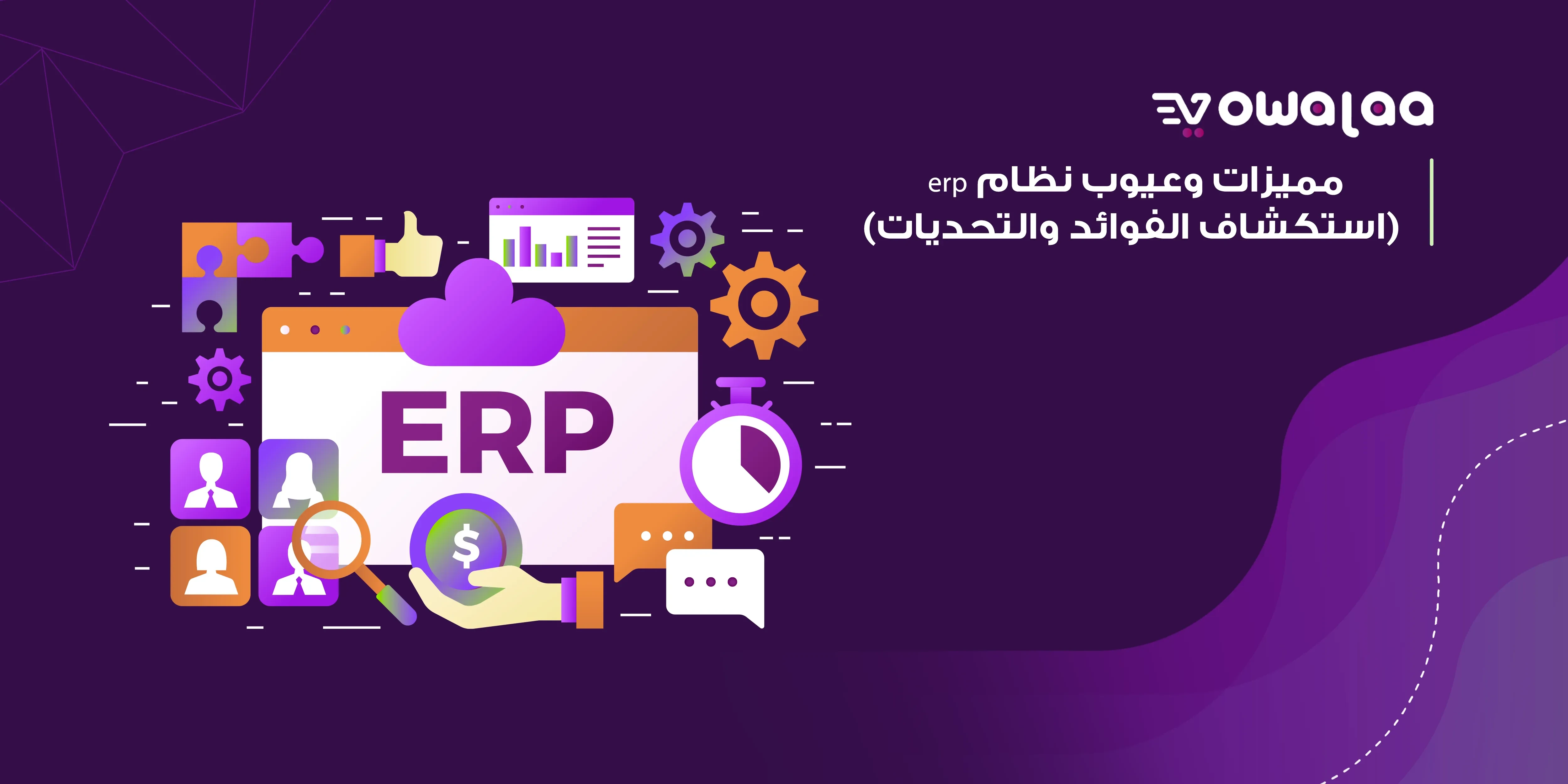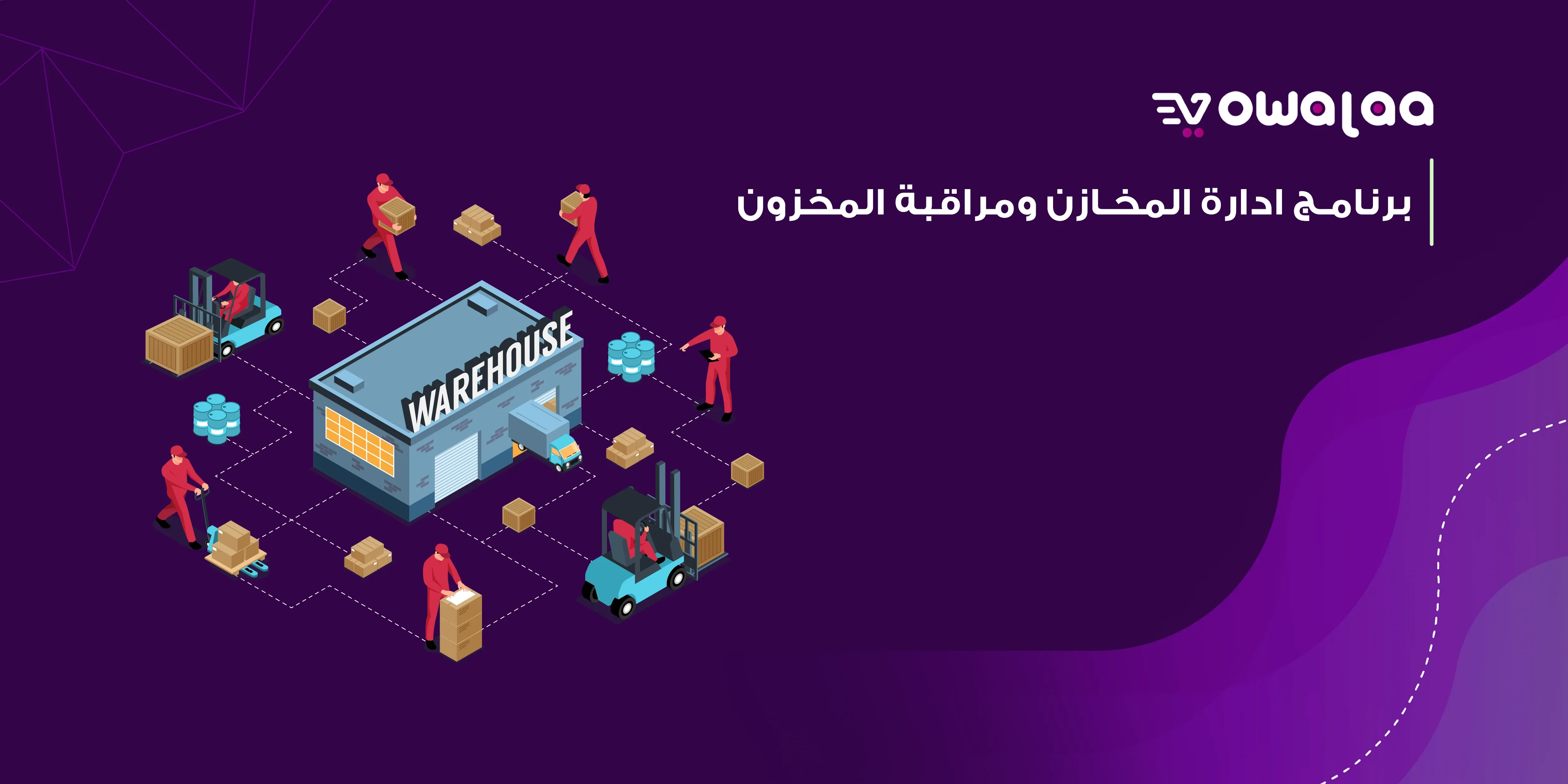
Advantages and Disadvantages of ERP System (Exploring Benefits and Challenges)
As business operations become increasingly complex in the modern age, it has become necessary for companies to seek tools that help them organize and manage their activities more efficiently. Among these tools, Enterprise Resource Planning (ERP) systems stand out as pivotal for improving company performance and enhancing effectiveness in highly competitive markets.
Implementing an ERP system is a crucial step in the development of operations within a company, offering a range of advantages and benefits. However, it also comes with some drawbacks that need to be considered.
ERP systems offer numerous advantages, including process integration, accurate data provision, increased work efficiency, and advanced analytics for better strategic decision-making. Nevertheless, implementing an ERP system may face challenges such as high cost, complexity in implementation, and resistance to change from employees. Therefore, it is important to balance the pros and cons of an ERP system to ensure maximum benefit and successful achievement of company goals.
The importance of ERP lies in its vital role in improving operations management and enhancing overall company performance. It provides many benefits that contribute to growth and development, including:
- Improving work efficiency by unifying and organizing various operations within the company.
- Providing accurate data, ensuring reliable information for strategic decision-making.
- Enhancing coordination and communication between different departments and branches.
- Reducing costs and increasing profitability by optimizing resource utilization.
ERP systems are essential for achieving success and competitive advantage in the modern market, as they improve efficiency, productivity, cost savings, and communication between different departments.
Advantages and disadvantages of ERP systems have evolved in modern business management, requiring sophisticated tools to keep pace with rapid changes. ERP systems are important tools that facilitate operations management and improve business efficiency. Let's explore the advantages and disadvantages of ERP systems and how to balance them.
Advantages of ERP systems include process integration, improved decision-making, increased productivity, and time and effort savings. However, they also come with drawbacks such as initial investment costs, complexity in implementation, and resistance to change.
In conclusion, there is no perfect solution without drawbacks. Companies must be aware of potential challenges and prepare to deal with them effectively. By considering the pros and cons comprehensively and making appropriate decisions, companies can maximize the benefits of ERP systems and achieve sustainable success in their operations.





.webp)
